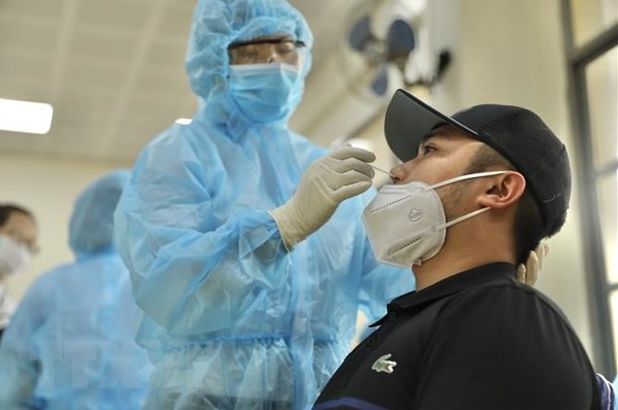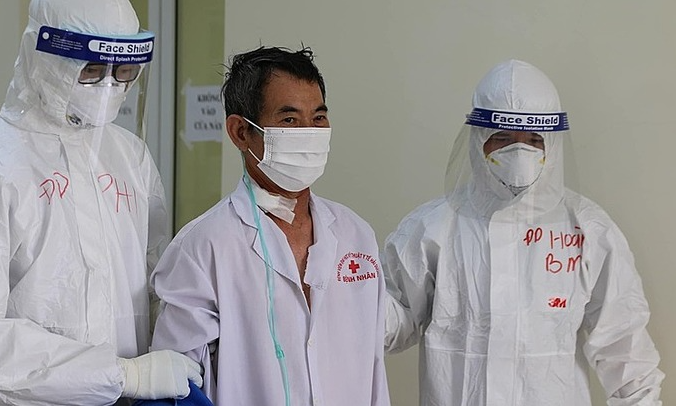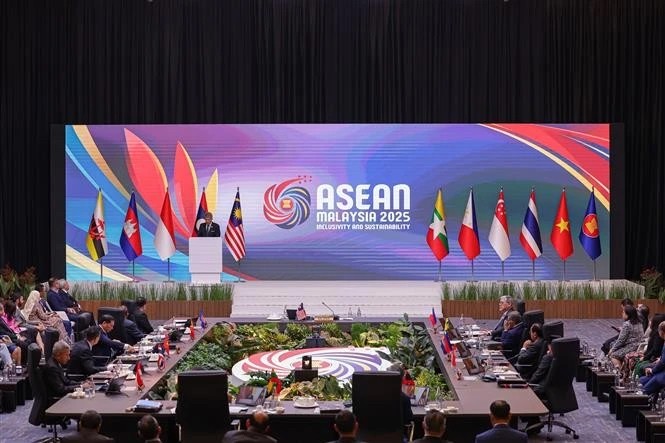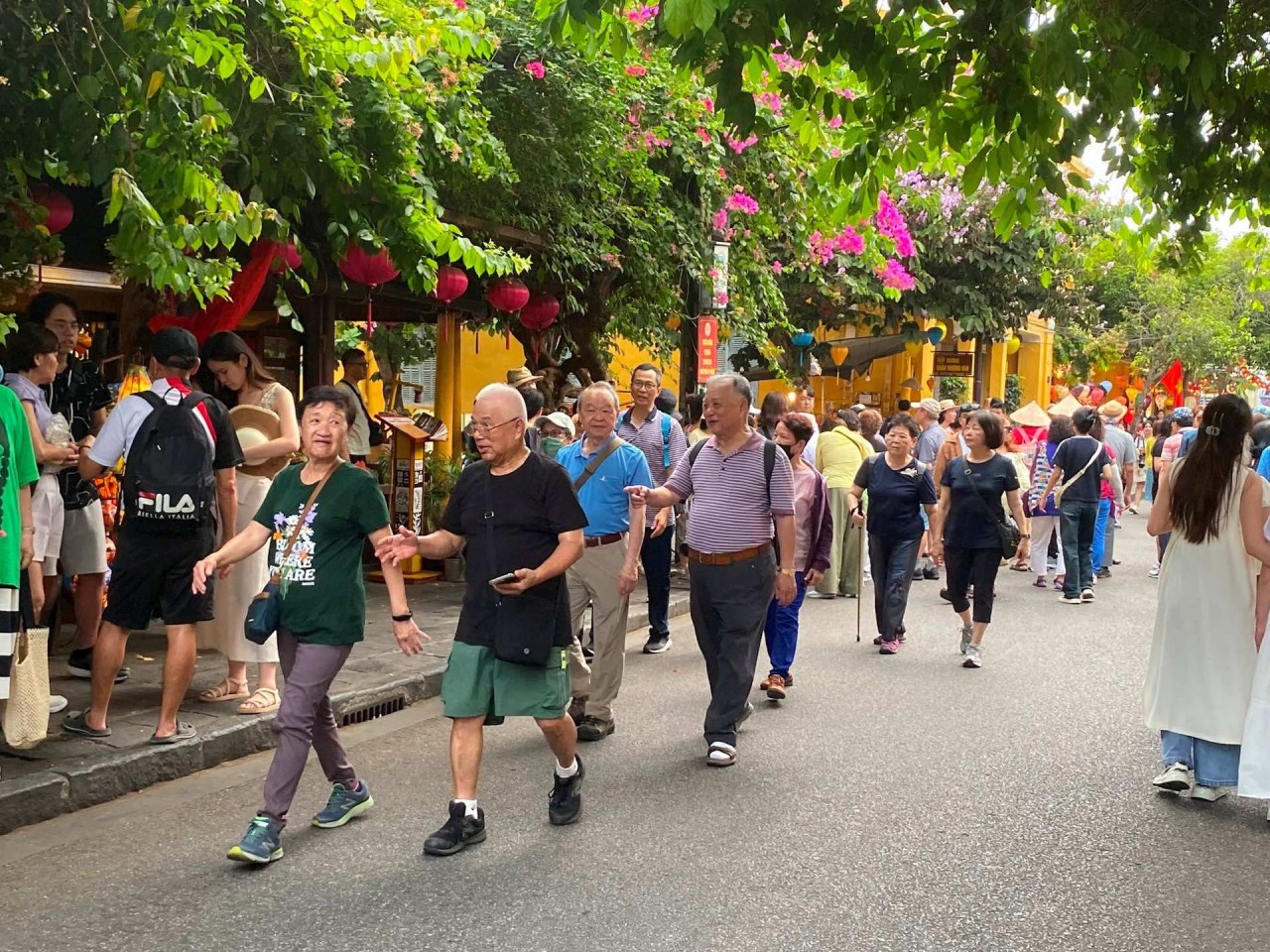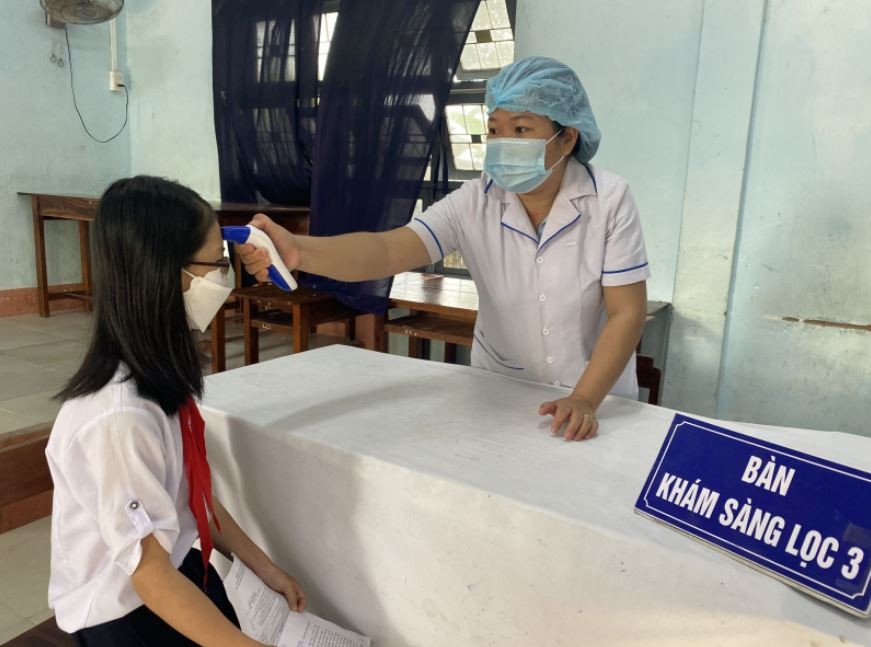Vietnam tourism officials to debate on the idea of Covid-19 vaccine passports
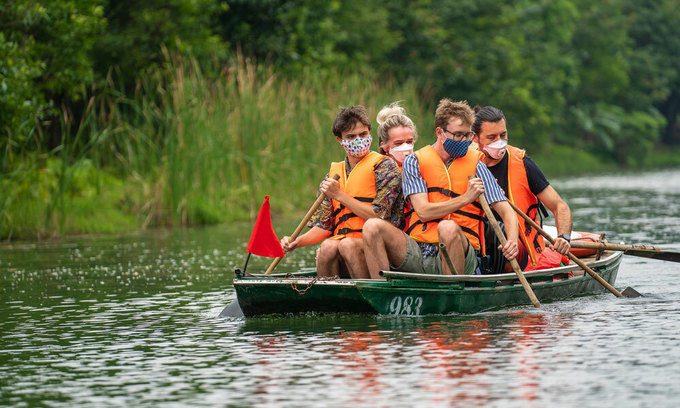 |
| Foreign tourists row a boat near Mua Cave in northern Ninh Binh Province, February 2020. Photo by Shutterstock. |
The move came after many tourism experts suggested the government consider opening up to vaccinated foreign visitors from the third quarter in a similar vein to regional peers to revive the hard-hit tourism industry, VnExpress reported.
As the world started rolling out Covid-19 vaccine shots, inoculation certificates have emerged to identify those that have been vaccinated for cross-border travel.
China and Israel were the first to issue digital health certificates for travelers who had been vaccinated against Covid-19, also dubbed 'vaccine passports.'
The U.S. and Britain are among countries currently considering issuing similar permits, while the E.U. is also working on its own vaccine 'green pass', allowing those who have had the jab to travel more freely within the region this summer.
Government Office chief Mai Tien Dung said Thursday the government has not yet considered easing pandemic prevention protocols for those that have been fully vaccinated against Covid-19.
Those entering the country and holding 'vaccine passports' still have to undergo mandatory 14-day quarantine as per Health Ministry regulations, Dung noted.
Luong Hoai Nam, member of Vietnam's Tourism Advisory Board (TAB), said the reopening of foreign tourism could "help lift the country's status" as Vietnam could not wait until the Covid-19 pandemic ends to welcome international tourists back to the country.
Pham Duy Nghia, director of Viet Food Travel Company, which specializes in bringing foreign experts into the country, said vaccine passports could create a boost for the tourism industry when widely applied in future.
But he noted these passports could only be applied in the next three to four months when the global pandemic situation shows signs of abating and many people in the world have been inoculated with Covid-19 vaccines.
Nguyen Ngoc Toan, director of Images Travel Company that specializes in welcoming European visitors to Vietnam, suggested initially the country could consider opening up to business travelers from countries and territories in the region where Vietnam has close trade relations like Japan, South Korea or Singapore.
"Those who have been vaccinated should enter Vietnam without being quarantined. Neighboring countries such as Singapore and Thailand all have plans to welcome business travelers," Toan added.
However, health experts in Vietnam proposed foreign passengers holding vaccine passports should still undergo 14-day quarantine in the absence of information on the potential risk of infection following two-dose inoculation.
According to VnExpress, Vietnam recorded a 79 percent decline year-on-year in the number of foreign visitors in 2020 due to travel restrictions amid the pandemic as the country received 3.83 million foreign tourists against a record 18 million in 2019, according to official data.
The government has closed national borders and canceled all international flights since March 25 with only Vietnamese repatriates, foreign experts and highly-skilled workers allowed in with stringent conditions.
The government recently green-lighted the resumption of commercial flights to seven Asian destinations, mainland China, Japan, South Korea, Taiwan, Laos, Cambodia, and Thailand, but Vietnamese carriers are still not allowed to operate inbound flights.
Vietnam has been gradually controling the ongoing Covid-19 outbreak that returned to the country on Jan. 28 after nearly two months and has spread to 13 localities, including major cities such Hanoi and Ho Chi Minh City.
The pros and cons of vaccine passports
The idea of such a vaccination passport or certificate is already being tested in several countries, as well as companies and organisations in several sectors of the economy. Countries such as Bahrain, Israel, Denmark, and Estonia have done this. Big companies such as Microsoft, Oracle, American Airlines, and Cathay Pacific have started pilot projects with the application of health passes in digital format and printed on paper. The International Airlines Association (IATA) is also promoting a global solution for this with a digital pass that contains information about whether passengers have been vaccinated, according to Vietnam Investment Review.
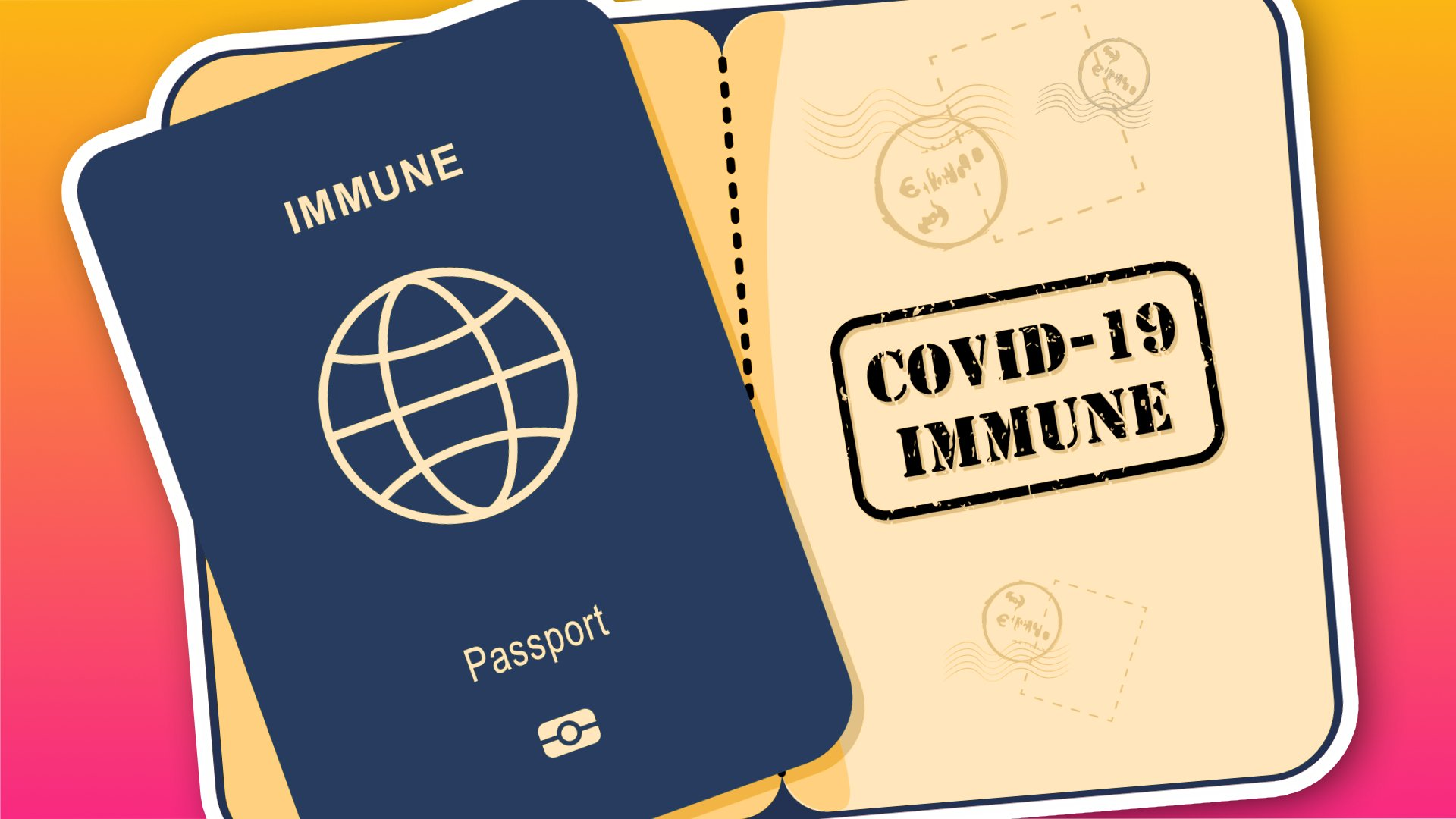 |
| Photo: BBC |
Similarly, there are also mobile apps or QR codes to quickly determine a person’s risk of infection and the extent to which they can travel, such as China, or to confirm that the person has recovered from the coronavirus (Chile) or been vaccinated (India).
The benefits of a universal, globally recognised vaccine passport are visible for the world economy to reopen and for people to live, trade, and travel safely. However there are still many obstacles causing hesitation among governments, scientists, businesses, and people with different attitudes towards this idea.
For example, within the European Union, countries such as Greece and Austria, of which economies are heavily based on tourism, have been promoting the idea of early introduction of vaccine passports. Greece and Cyprus also allow Israeli citizens with a “green pass” to enter their country without having to quarantine. A similar agreement is being considered between Greece and the UK when the British government announced a plan to issue a certificate of vaccination to its citizens wishing to travel abroad.
According to the UK Royal Society, in order to be widely applicable, a vaccine passport needs to pass a test with 12 criteria. These include:
- Meeting benchmarks for COVID-19 immunity;
- Accommodating differences between vaccines in their efficacy, and changes in efficacy against emerging variants;
- Being internationally standardised;
- Having verifiable credentials;
- Having defined uses;
- Being based on a platform of interoperable technologies;
- Being secure for personal data;
- Being portable;
- Being affordable for individuals and governments;
- Meeting legal standards;
- Meeting ethical standards; and
- Having conditions of use that are understood and accepted by the passport holders.
Looking at the criteria, we can also imagine the obstacles challenging the idea’s application. For example, the debate of how effective existing vaccines are to prevent COVID-19 is still being studied. There are no clear conclusions about whether a person, after being vaccinated, is still capable of infecting others.
The dangers of newer strains of the virus that are more contagious and resistant to vaccines are scientific barriers that need to be overcome. In addition, there are legal framework issues, the recognition of vaccination results between countries and the possibility of forgery results that still remain a challenge.
Vaccine passport adoption would create discrimination and inequality between citizens of vaccinated and unvaccinated countries, or between groups of people who were not vaccinated for health or religious reasons with the vaccinated group, in accessing services and jobs.
Perhaps it will take more time to reach a consensus and widely applied vaccine passport, globally as well as within each country. The EU is carefully moving in the direction to introduce its vaccine passport soon but only limited to its member states for the time being. Consequently, this aims to create conditions for citizens of the bloc to travel safely to work and travel within the EU.
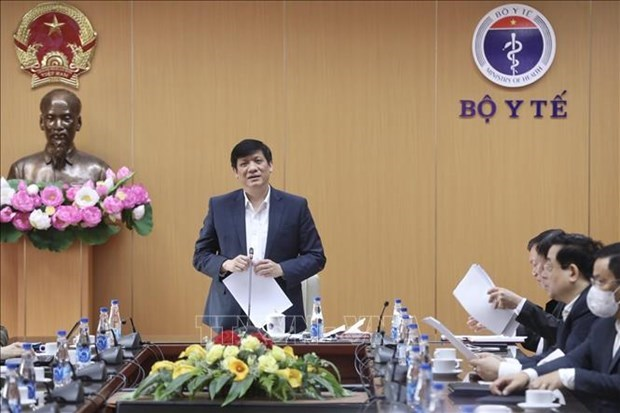 | Ministry of Health to provide great effort to ensure Covid-19 vaccination's safety Minister of Health Nguyen Thanh Long, comfirmed the authority would put on maximum efforts to ensure absolute safety for all citizens, as Vietnam will mobilise ... |
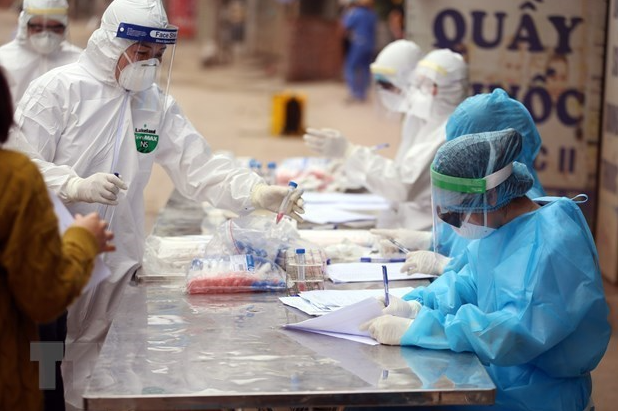 | Vietnam COVID-19 Updates (March 7): 2 new cases in the morning, both imported Two new COVID-19 cases entered Ha Tien border gate, Kien Giang province on March 4, were quarantined immediately after their entry. |
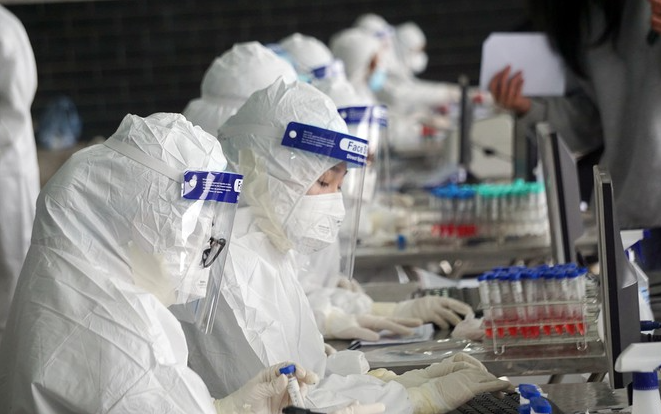 | Vietnam COVID-19 Updates (March 6): 13 new cases to report in the last 24 hours Vietnam reported six new COVID-19 cases, all imported, in the past 12 hours to 6:00 pm on March 5, and 7 new cases, 6 of ... |
In topics
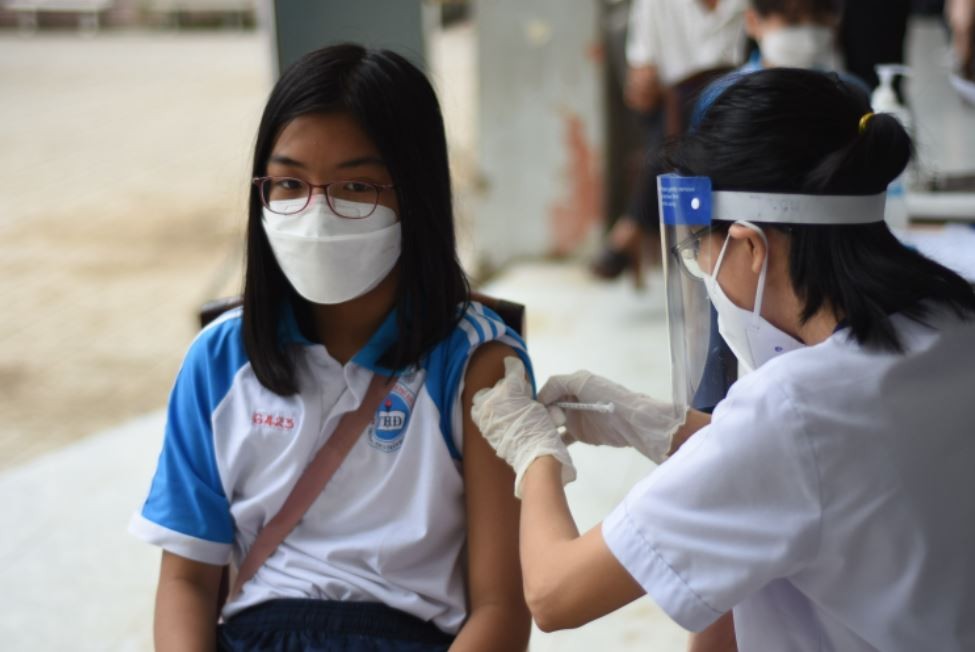 Focus
Focus
Vietnam Covid-19 Updates (May 1): Daily Infections Fall to Nine-month Low of 5,109
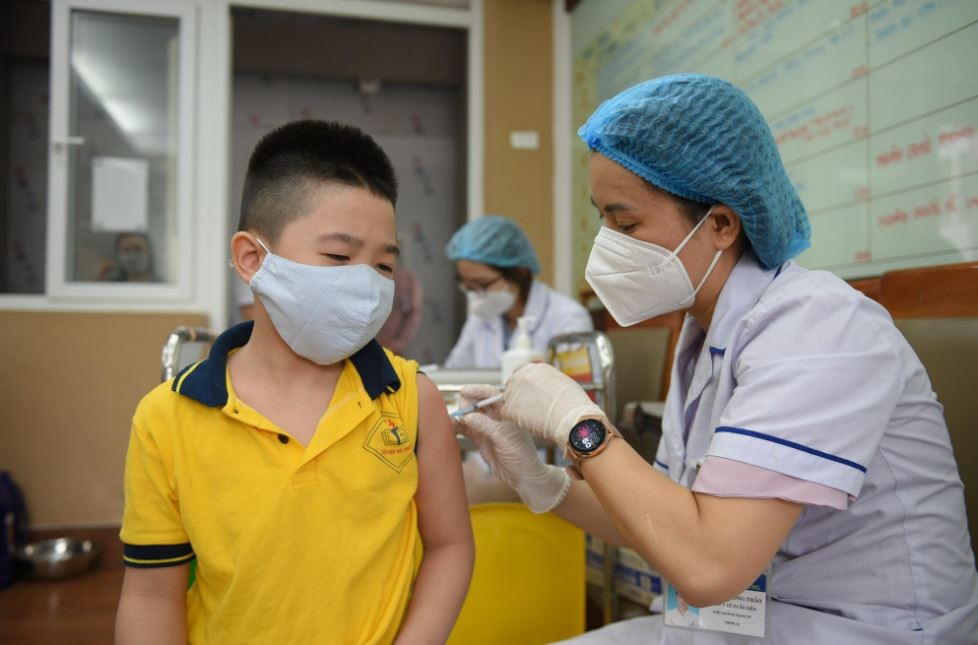 Focus
Focus
Vietnam Covid-19 Updates (April 29): 7,100 Cases, 79,000 Recoveries Reported
Recommended
 National
National
Vietnam News Today (Jun. 4): Vietnam - Promising Candidate for Southeast Asia’s Next Powerhouse
 National
National
Shangri-La Dialogue 22: Vietnam Highlights Some Issues of Ensuring Stability in a Competitive World
 National
National
Vietnam News Today (Jun. 3): PM Pham Minh Chinh to Attend UN Ocean Conference, Visit Estonia, Sweden
 National
National
Vietnam News Today (Jun. 2): Vietnamese Trade Mission Sounds Out Business Opportunities in United States
Popular article
 National
National
Vietnam News Today (Jun. 1): Vietnamese, Japanese Firms Foster Partnership
 National
National
Vietnam News Today (May 31): Vietnam Strongly Supports Laos’s National Development
 National
National
Vietnam News Today (May 30): Vietnam, Venezuela Reinforce Ties Through People-to-people Diplomacy
 National
National

